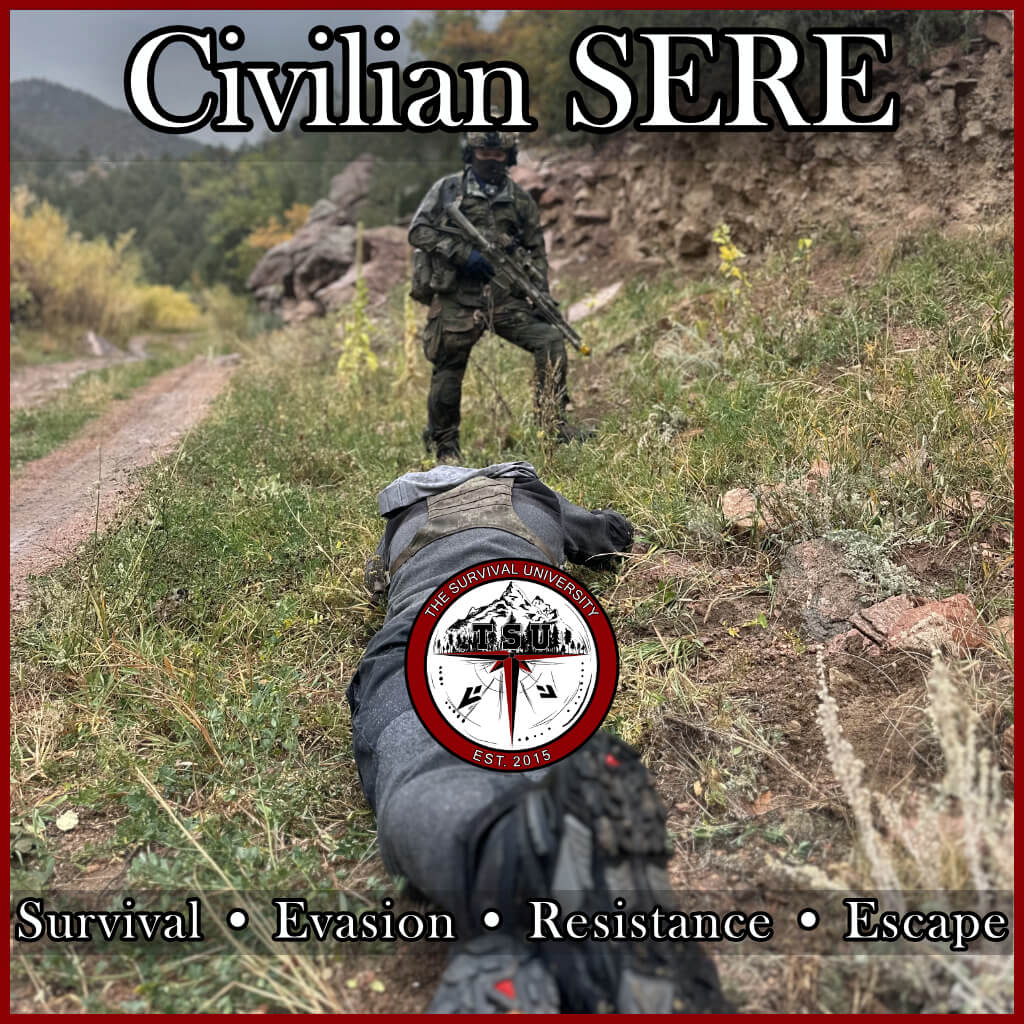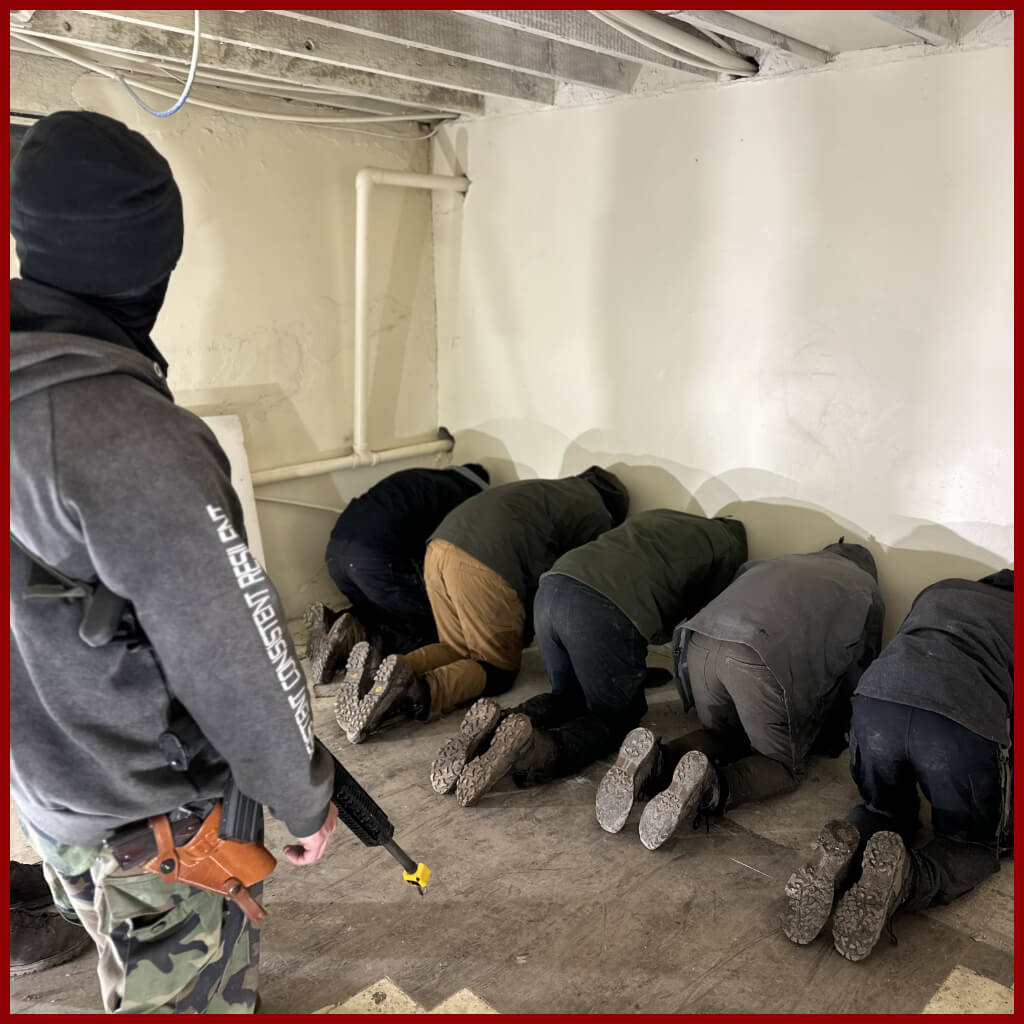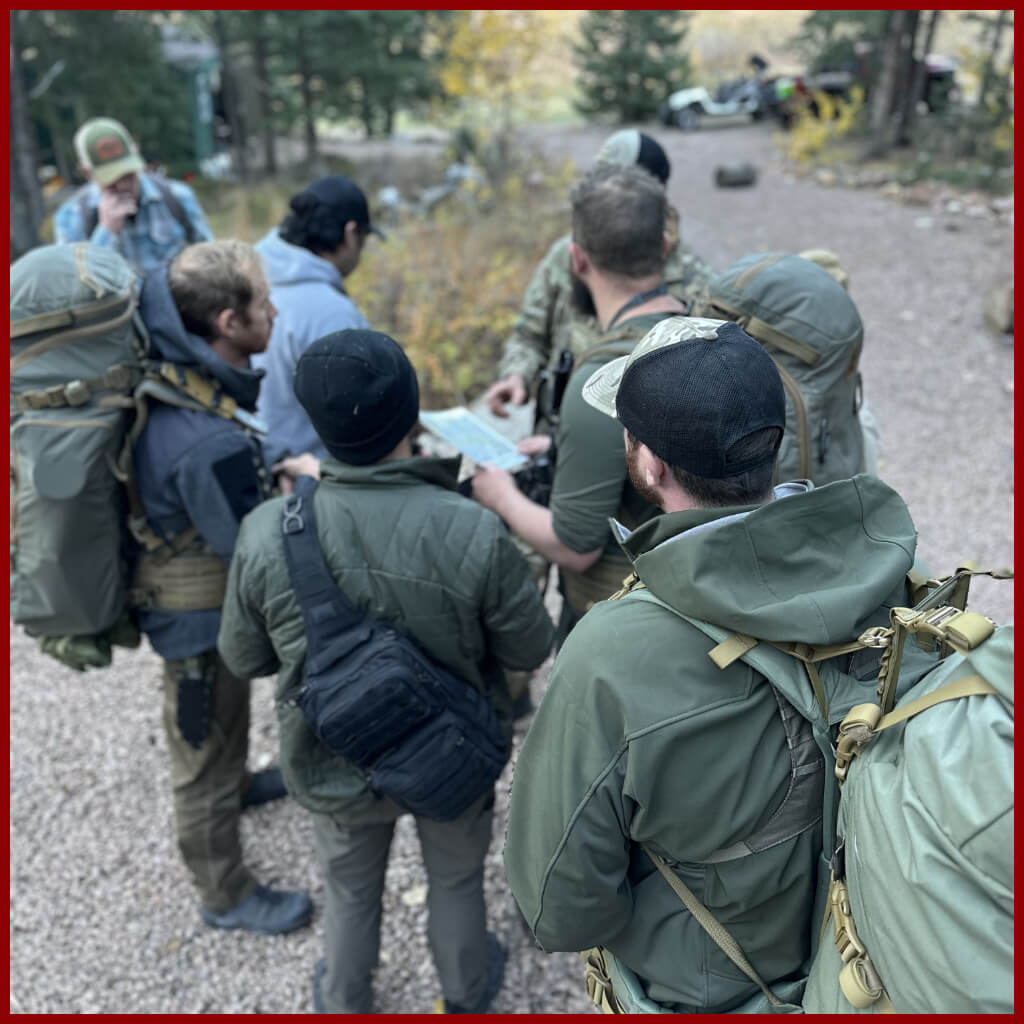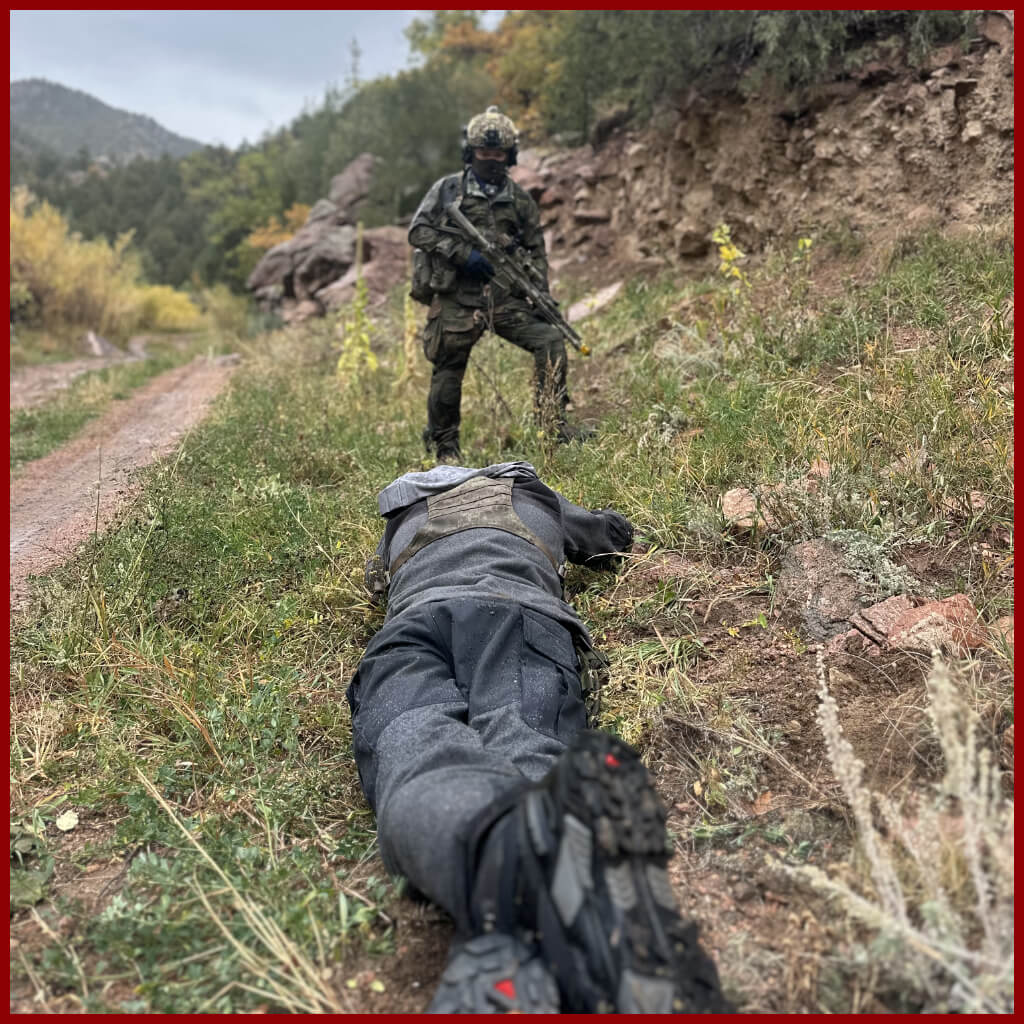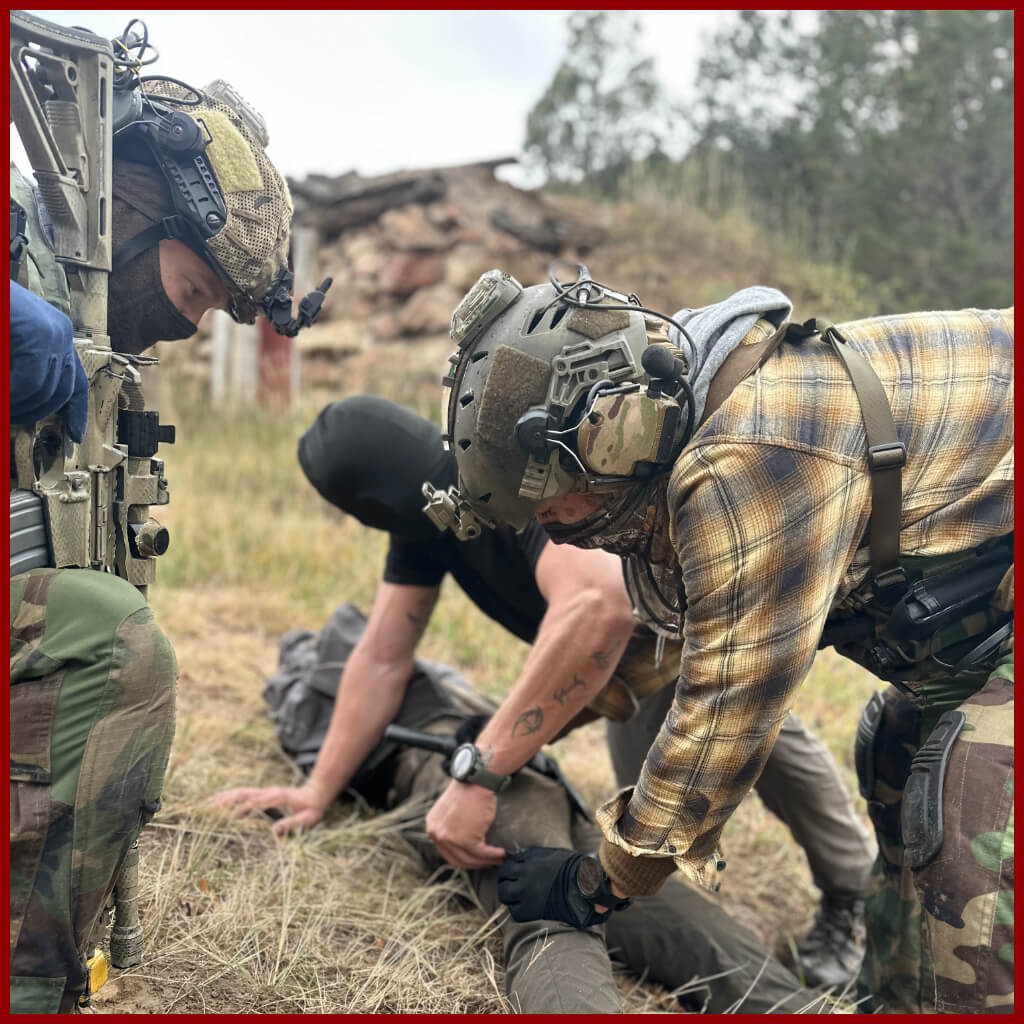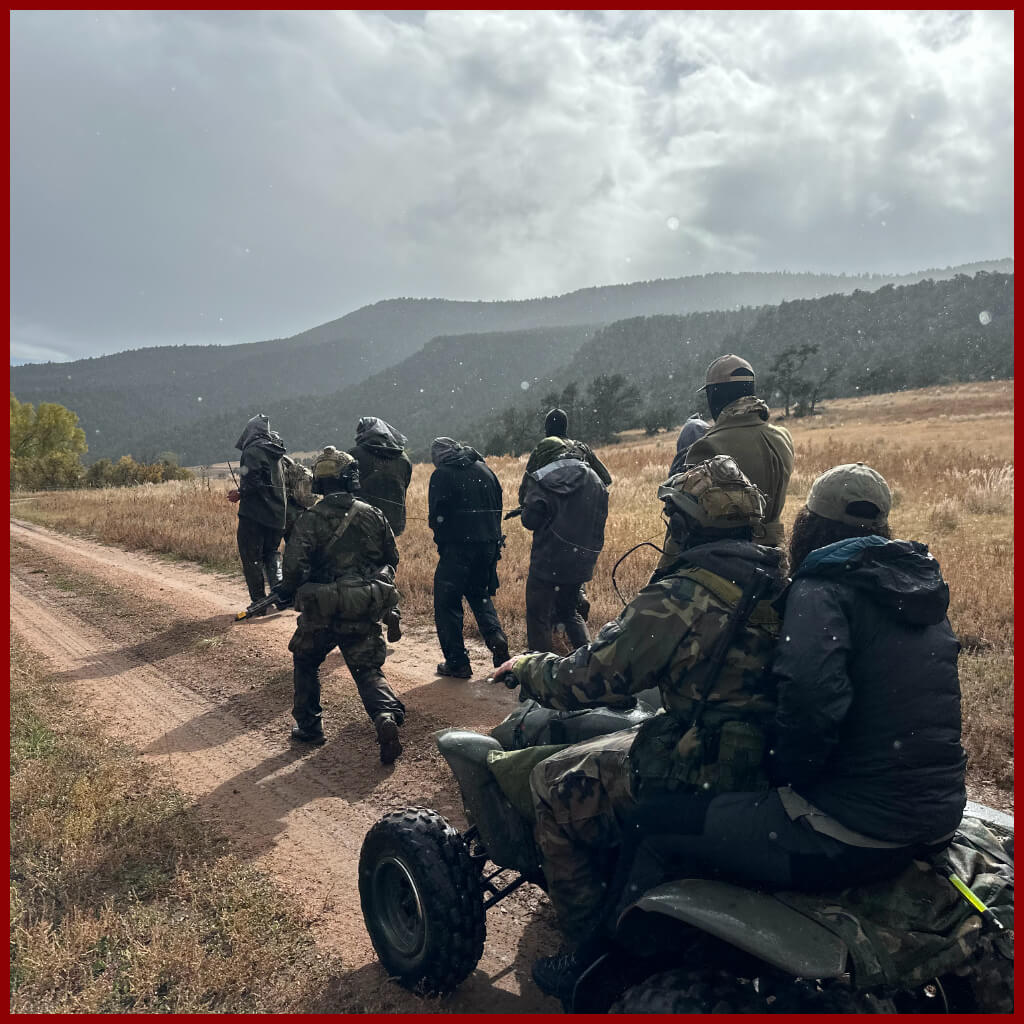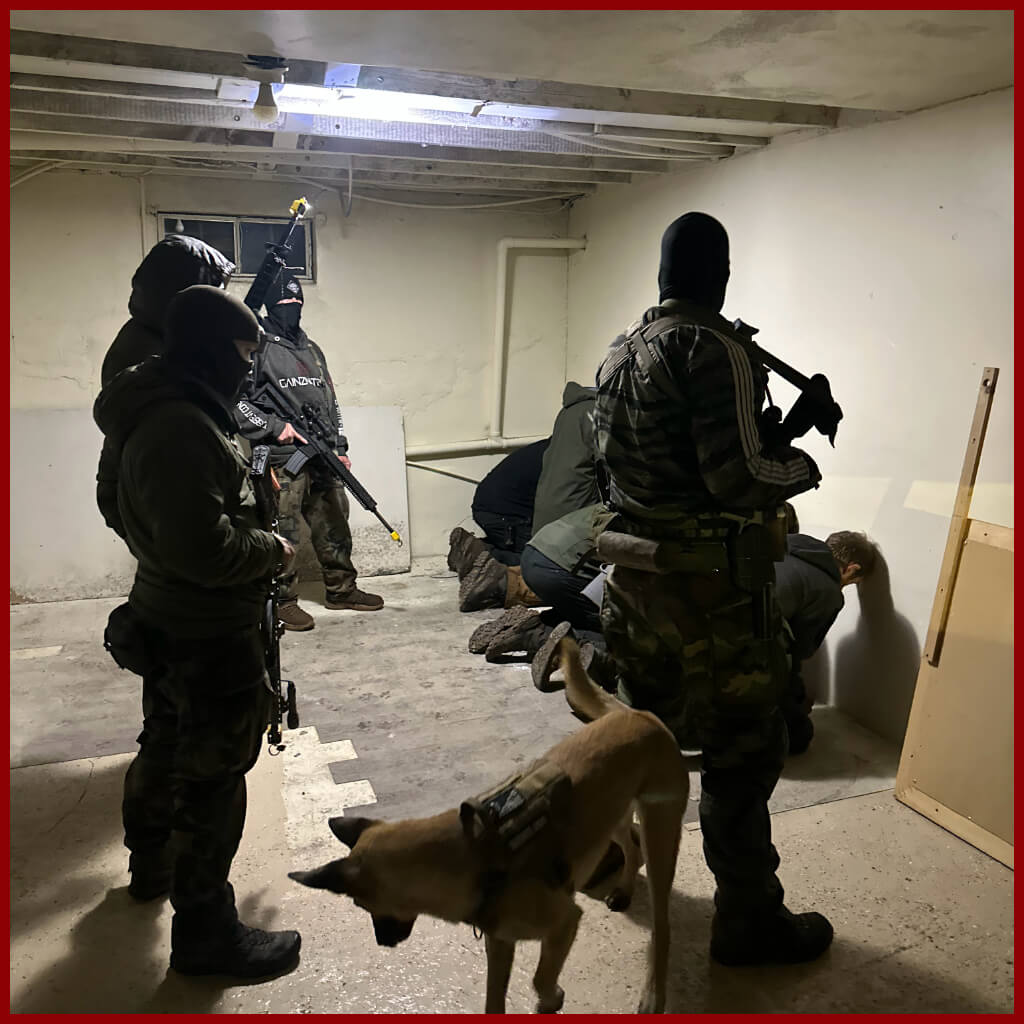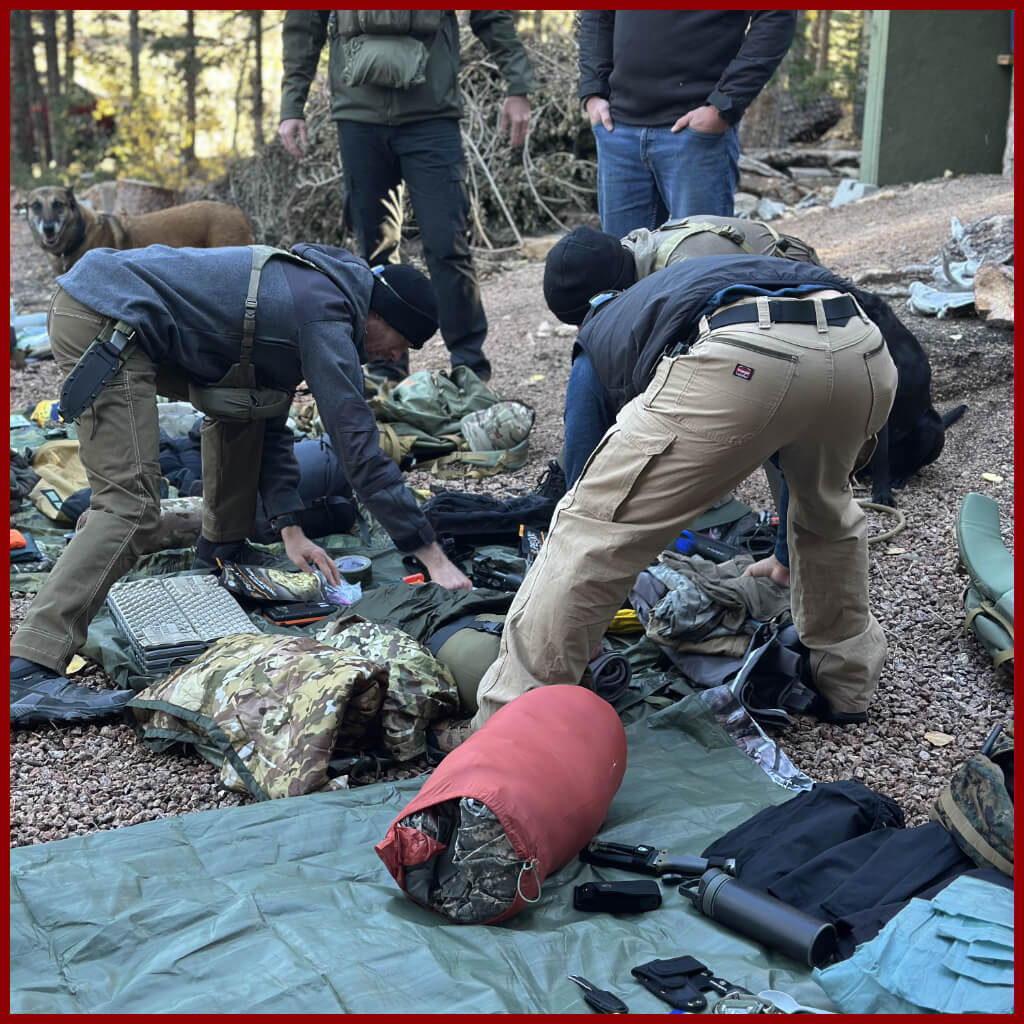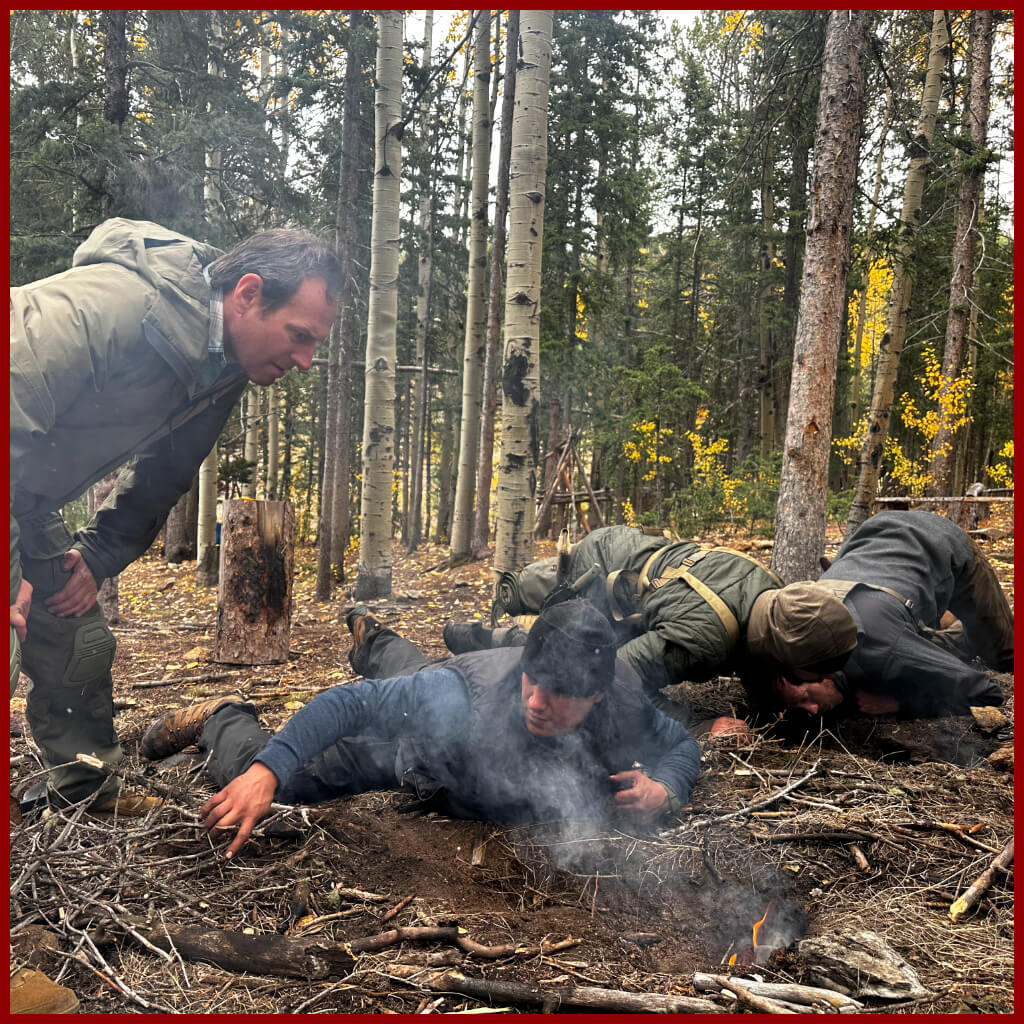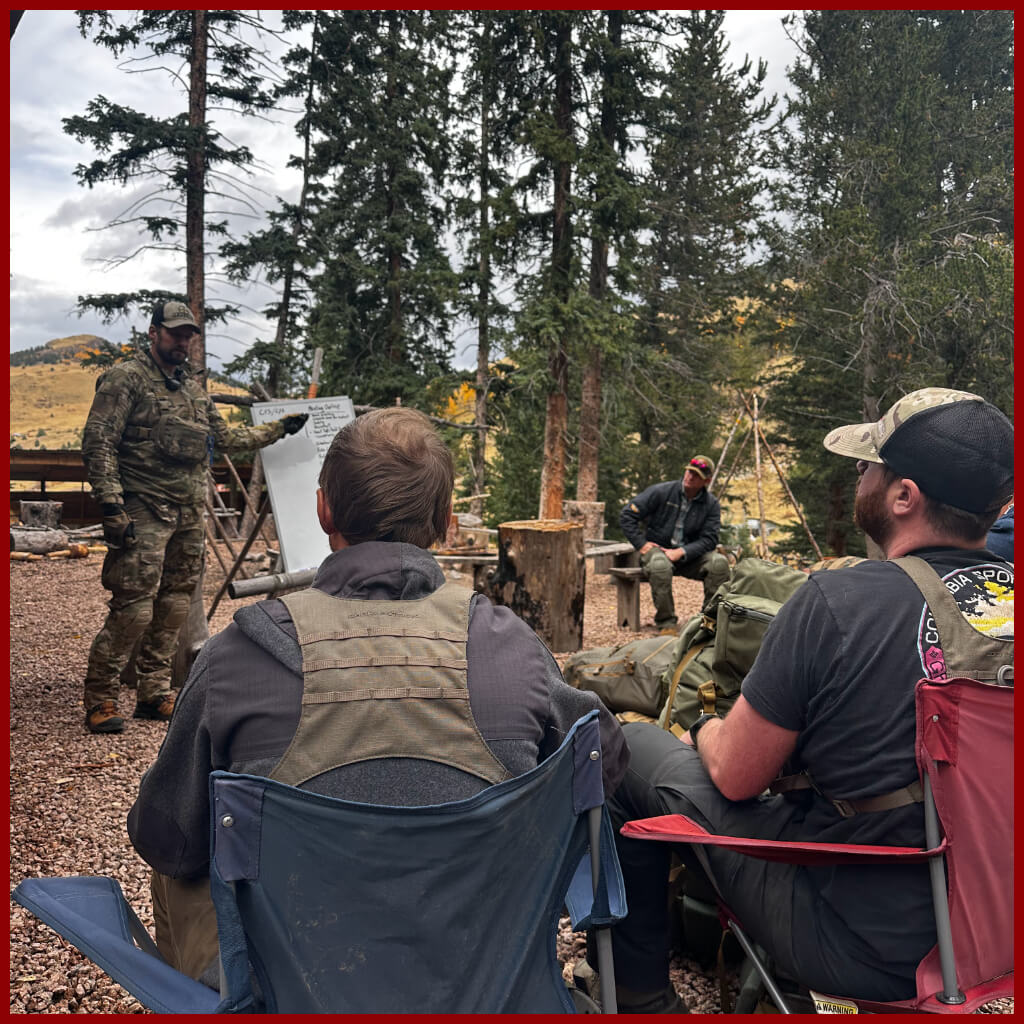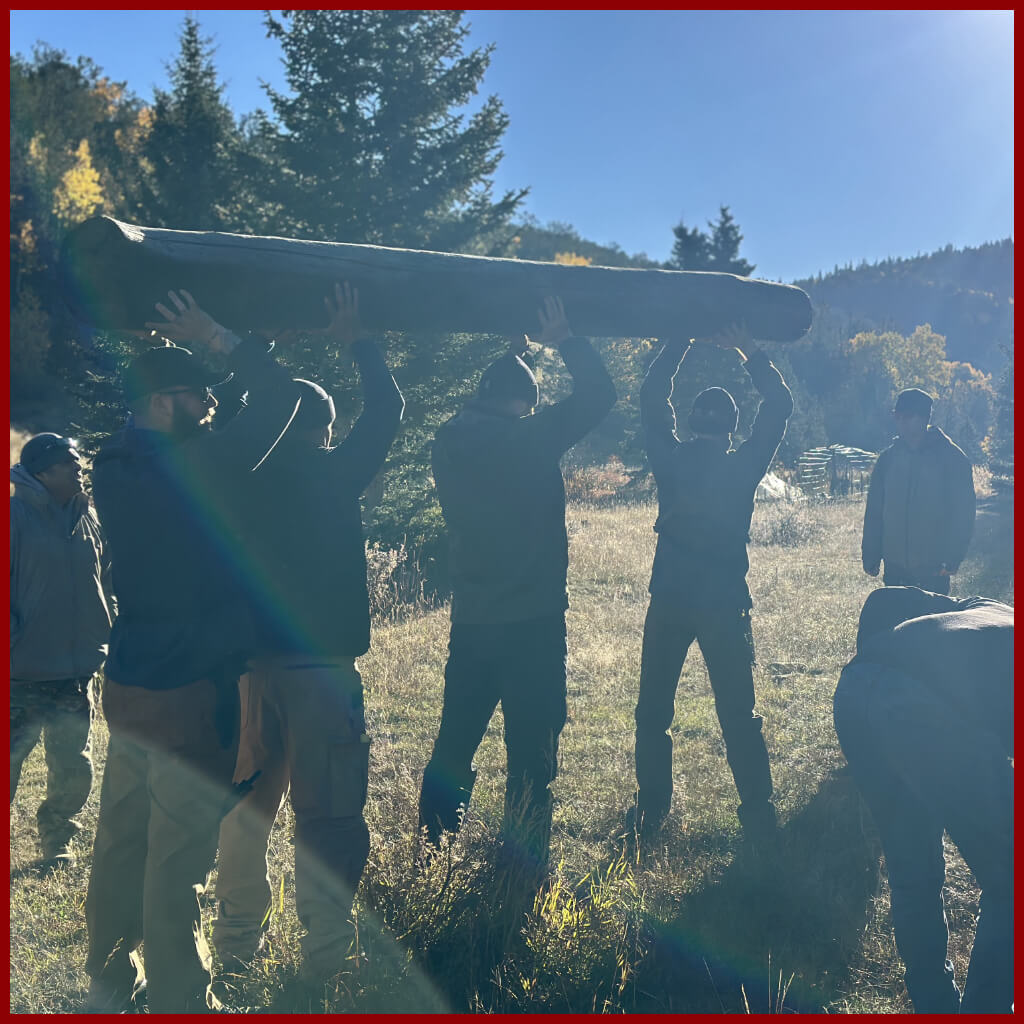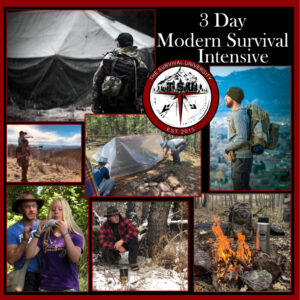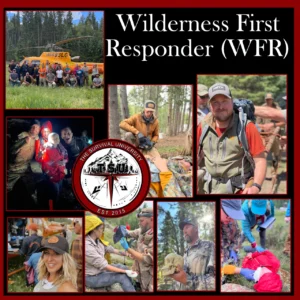Cart
Civilian SERE Training – Escape, Evasion & Survival Course
$1,495.00
Civilian SERE Training – Escape, Evasion & Survival Course
This isn’t just a class, it’s a high-intensity, real-world training experience modeled after elite military SERE (Survive, Evade, Resist, Escape) programs. Designed for civilians, this course teaches you how to escape unlawful detention, remain undetected, and survive in hostile environments using a mix of fieldcraft, psychological tactics, and urban survival skills.
Led by former Special Forces instructors, you’ll learn lock picking, counter-surveillance, Grey Man techniques, improvised weapons, and how to resist mental and physical coercion. Through scenario-based training, you’ll be pushed to your limits and walk away with confidence, resilience, and real-world skills that could save your life.
Description
Civilian SERE Training – Escape, Evasion & Survival Course
Prepare yourself for the ultimate test of survival and resilience with our Civilian Resistance Training. This SERE A (Survive, Evade, Resist, Escape) civilian course, modeled after the rigorous training programs used by US military Special Forces. This experience is designed to equip you with the skills and mindset needed to survive and escape from dangerous situations, including potential kidnappings.
Led by elite instructors who have undergone high level SERE training and possess real-world combat experience, this course dives deep into the art of survival and evasion. You’ll learn how to navigate hostile environments, blend in with the crowd, and outsmart adversaries using a combination of social engineering and psychological manipulation tactics.
The class covers essential survival skills such as finding food and water, building a shelter, and starting a fire, all while remaining undetected. But we don’t stop there. You’ll also master the art of lock picking, allowing you to escape restraints, and discover how to use Grey Man techniques to stay off the radar in any situation.
In addition, our experts will guide you through the intricacies of surveillance and counter-surveillance, teaching you how to detect and evade those who might be tracking you. You’ll practice escaping from captivity, counter-tracking your pursuers, and camouflaging yourself in various environments.
But survival isn’t just about physical skills; it’s about mental toughness too. That’s why we delve into the psychological aspects of SERE, including how to resist torture and maintain mental fortitude under extreme conditions. Our hands-on, scenario-based training will put all your newfound skills to the test in realistic settings, ensuring that you leave with the confidence and competence to handle whatever comes your way.
Whether you’re preparing for high-risk travel, looking to enhance your personal security, or simply seeking an adrenaline-fueled adventure, this SERE A class offers an unparalleled opportunity to learn from the best and push your limits. Are you ready to take on the challenge?
I. Introduction to SERE Training
Overview of SERE and its military origins
Importance of SERE training in both military and civilian life
Introduction to instructors: US military Special Forces with SERE training and combat experience
II. Social Engineering and Psychological Manipulation
Understanding social engineering tactics
Recognizing and countering psychological manipulation
Role-playing scenarios to practice skills
III. Basic Survival Skills
Food: Identifying edible plants, trapping, and hunting basics
Fire: Various methods to start a fire, including without matches
Shelter: Building effective shelters with limited resources
Water: Finding and purifying water in different environments
IV. Lock Picking and Escape Techniques
Basics of picking padlocks, door locks, and handcuffs
Hands-on practice with various types of locks
Escaping from restraints using everyday objects
V. Grey Man Techniques
Understanding the concept of the “Grey Man” in high-risk environments
Techniques to blend in and avoid detection
Exercises in urban and rural environments to apply these skills
VI. Surveillance and Counter-Surveillance
Basics of surveillance techniques used by kidnappers or hostile forces
How to detect and avoid being followed
Practical exercises in identifying and evading surveillance
VII. Escape and Evasion Tactics
Strategies for escaping from unlawful detention
How to move through different terrains without being detected
Techniques to counter tracking and hide your trail
VIII. Camouflage and Hiding Techniques
How to effectively camouflage yourself in various environments
Techniques for hiding in urban and wilderness settings
Building natural and improvised camouflage
IX. Making Improvised Tools and Weapons
Identifying resources in your environment for tool and weapon-making
Techniques for constructing improvised weapons
Safety and ethical considerations when using improvised tools
X. Resisting Torture and Maintaining Mental Fortitude
Techniques for resisting physical and psychological torture
Importance of mental resilience in high-stress situations
Strategies for maintaining morale and hope during captivity
XI. Scenario-Based Training
Realistic scenarios where participants apply all learned skills
Simulated environments: urban, rural, and wilderness
Debriefing and feedback from instructors
Additional Information
Course Name: Civilian SERE
-
Location: Mountain Camp, Colorado – 9,500 ft elevation, pine and aspen forest, private land
-
Schedule: Start Time: 8:00AM ( Check-in begins at 7:00AM) End Time: 6:00PM
-
Duration: 5 Days
-
Approach: High stress, scenario driven training focused on decision making, adaptability, and performance under pressure
- Instructor Type: Guest / Tactical Instructor
-
Driving Directions: [Click here for directions]
Address: 71 Monarch Dr, Cripple Creek, CO 80813
SUGGESTED GEAR LIST
We do not provide students with gear unless they have purchased it from us ahead of time. Not much gear is needed for our courses, though good equipment does speed the learning process up greatly! Gear does not have to be purchased from our store to attend the course, but we recommend survival gear of equivalent quality.
- Gloves
- Face covering or face paint for FTX
- Day pack – Volume to hold enough food and clothing for the day.
- Hydration system or Nalgene bottles capable of holding at least 2 liters of water. More is better.
- Food for the week including snacks.
- Clothing appropriate for the weather. Expect anything.
- Wet weather gear (optional)
- Boots that are well broken in.
- Knee pads (optional but highly recommended)
- Knife
- Watch
- Individual first aid kit (IFAK)
- Flashlight
- Lockpicking kit
- Pencil and paper
- Good quality insect repellent (optional)
- Folding Chair (optional)
- Seasonally appropriate equipment to remain overnight in field conditions. (Tent, hammock, sleep system)
- Please note that training will take place regardless of weather.
NOTE
Due to the different levels of prior experience and knowledge among students in each class, individual outcomes may vary. Weather conditions can also be a factor in changing class content slightly. Nonetheless, our instructors will always endeavor to be as accommodating and consistent as circumstances will allow to ensure students get the best training experience and value for money.

